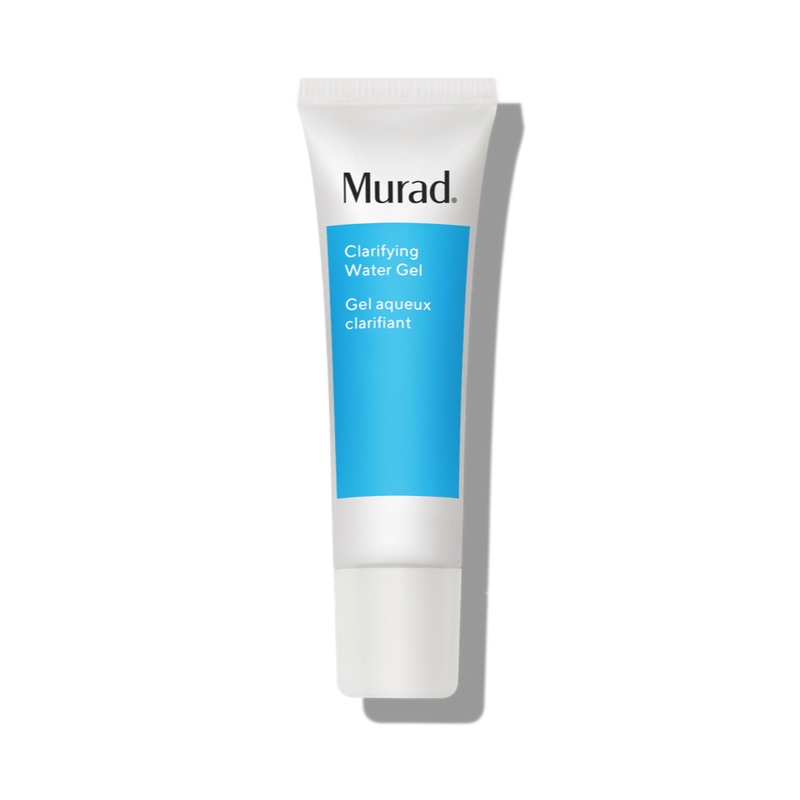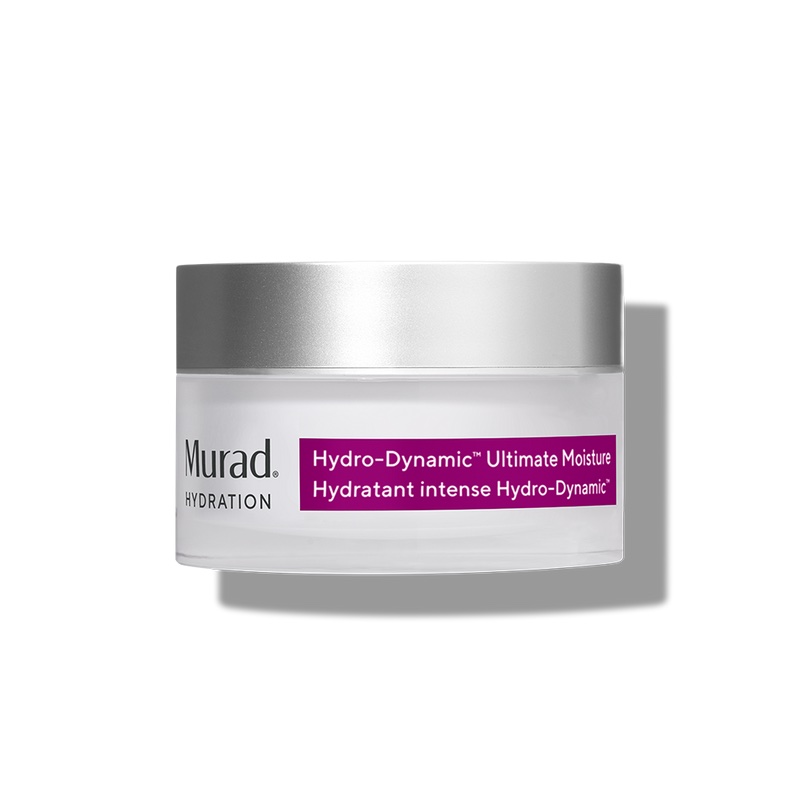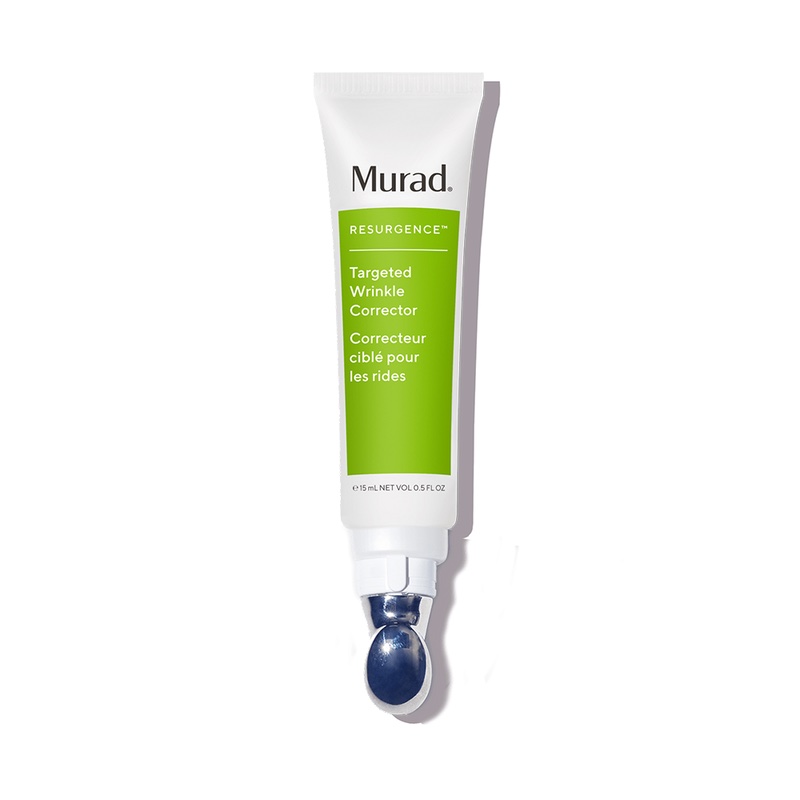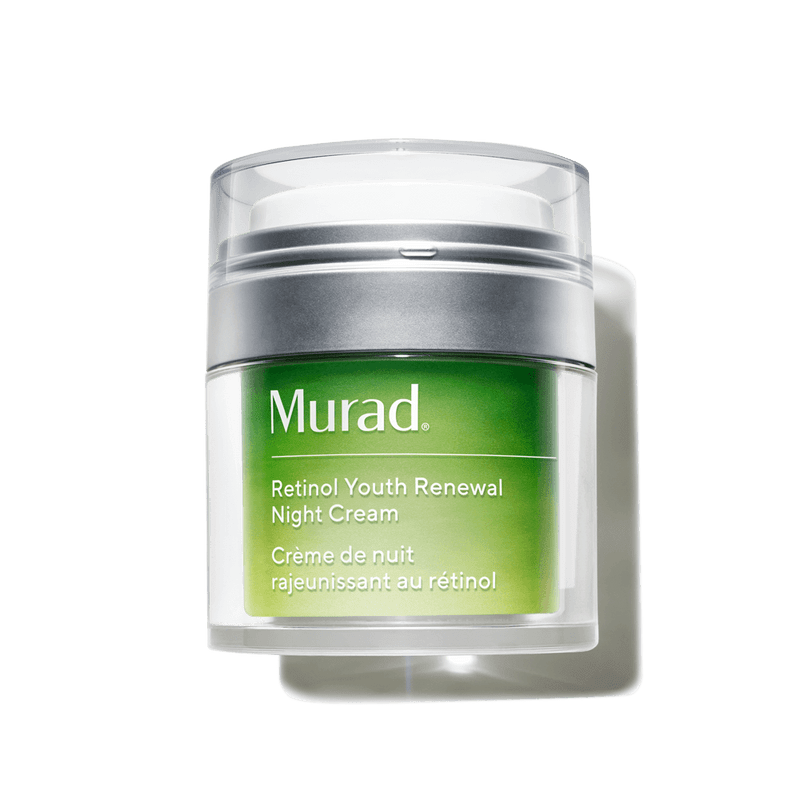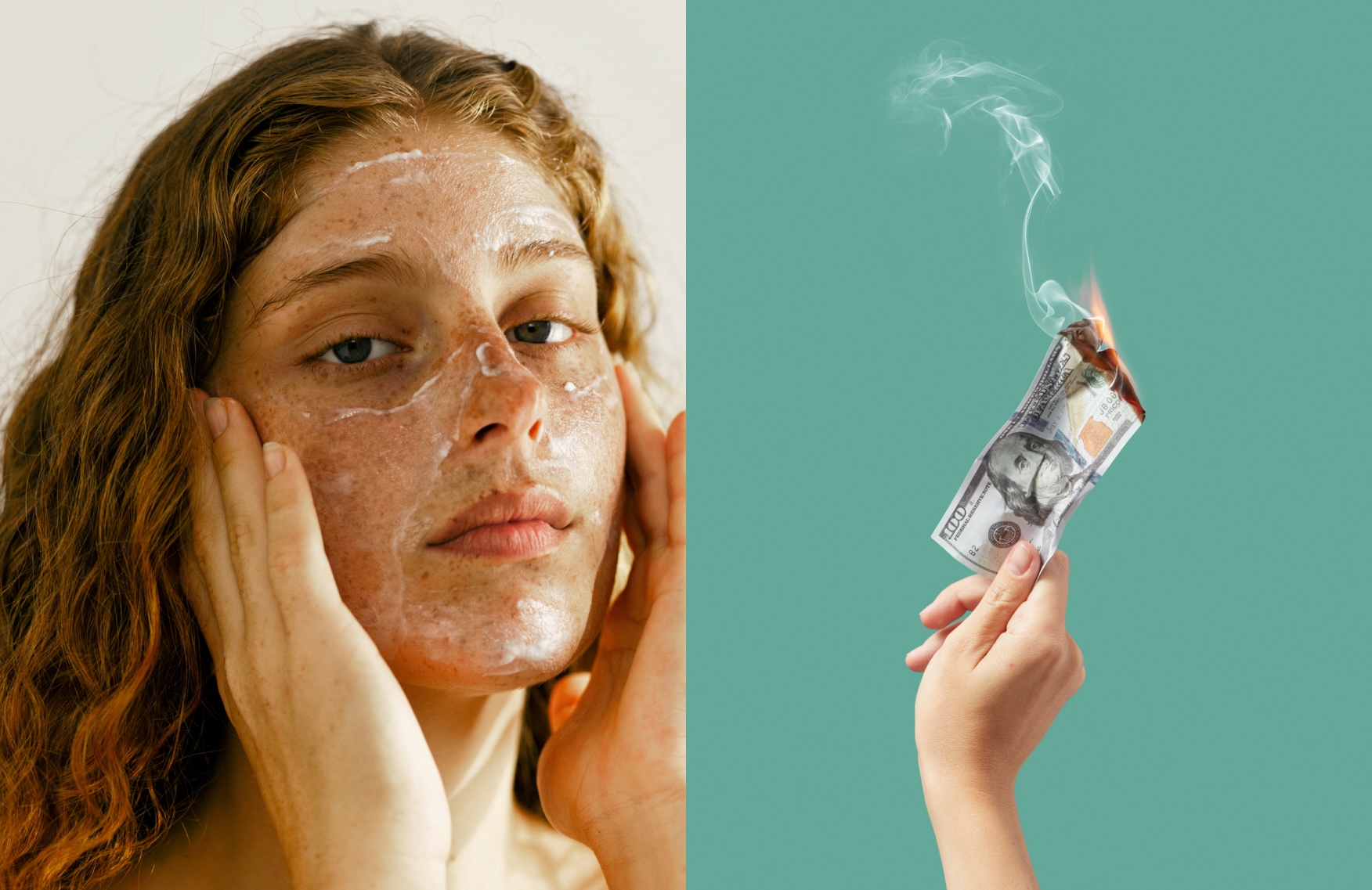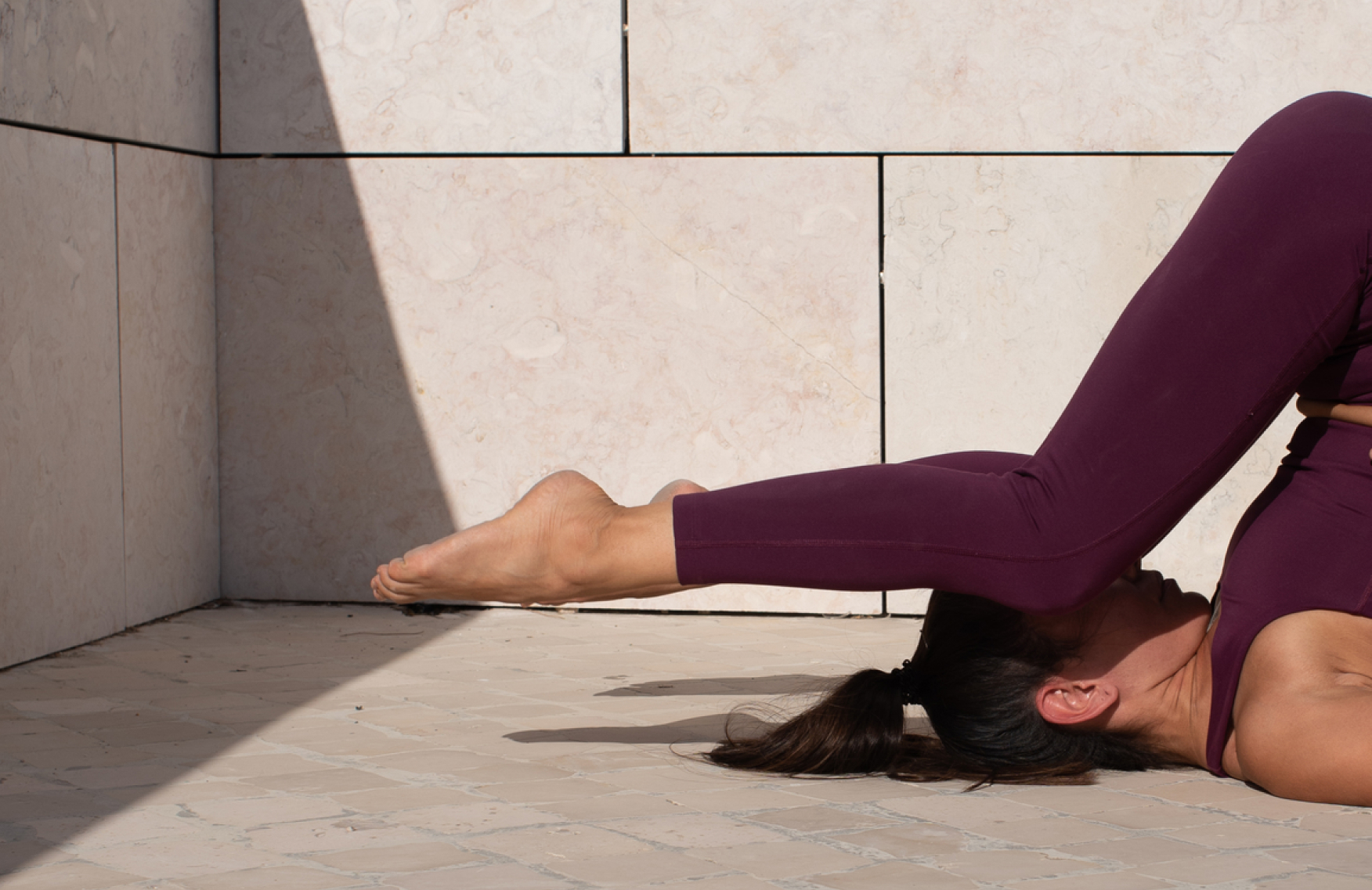The hype is real: Everything you need to know about hyaluronic acid
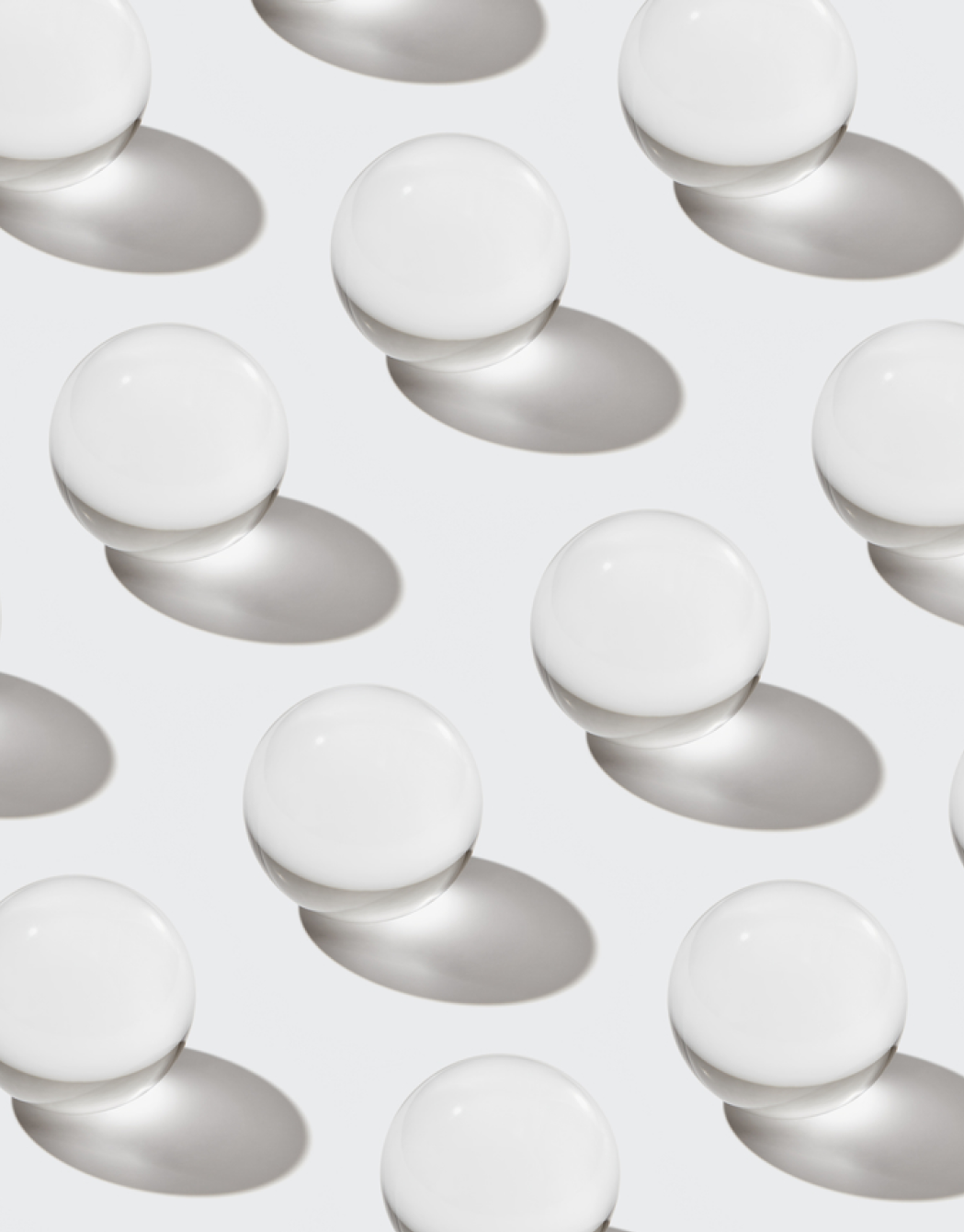
Dullness? Tightness? Fine lines that look deeper? There’s no missing the signs of dry and dehydrated skin. It’s not just a cold winter woe, and no skin type or condition is immune (even oily skin types and acne-prone skin can experience dehydrated skin symptoms). Fortunately, there’s a molecularly mini-but-mighty solution living in your skin…and your favorite Murad moisturizer: hyaluronic acid. Let’s discuss the different hyaluronic acid skin benefits.
First of all, what is hyaluronic acid?
Hyaluronic acid is a sugar molecule that occurs naturally in your skin. It delivers a sustained supply of water that’s needed to keep skin looking plump and smooth. It’s one example of a skin “acid” that doesn’t exfoliate (such as glycolic acid) that works by grabbing and holding up to 1,000 times its weight in water. This helps lock water into the skin where you need it most for a dewy, smooth look and feel. Hyaluronic acid is also an essential part of your skin’s natural moisturizing factor (NMF), which is responsible for the water-holding and absorbing powers of the skin’s surface. Now that you know what it is, let’s talk about the hyaluronic acid benefits in a skincare product.
If hyaluronic acid is already in my skin, why do I need it?
Similar to collagen and elastin, hyaluronic acid is abundant in younger skin but starts to decrease as we age. “As we get older, our bodies get more dehydrated, and that includes our skin,” says Dr. Murad, dermatologist, pharmacist, and author of The Water Secret. Fortunately, skin is very receptive to hyaluronic acid applied to the skin’s surface.
Is hyaluronic acid good for my skin type?
As a skincare ingredient, hyaluronic acid can do wonders for your skin barrier and surface. Dermatologists like Dr. Murad prescribe hyaluronic acid because hydration is essential to the health of skin—regardless of type. “Hyaluronic acid is especially great for oily skin types because it’s lightweight and hydrates without making skin oilier,” says Dr. Murad. Sustained release hyaluronic acid is one of the key ingredients in our oil-free moisturizer.
Can hyaluronic acid help with fine lines and wrinkles?
Yes! Hydrated skin is essential for healthy aging. So in this sense, Hyaluronic acid keeps skin moisturized and improves skin elasticity, ultimately helping to reduce the look of fine lines and wrinkles that are often intensified by dryness.
Where can I find hyaluronic acid?
Hyaluronic acid’s ability to naturally plump skin has made it a popular injectable/wrinkle filler. But injections aren’t for everyone. That’s why Dr. Murad has researched and developed moisturizers and serums with next-generation hyaluronic filling sphere technologies for results that are comparable to injections. This skincare ingredient can be found in a variety of forms including hyaluronic acid serum, moisturizer, cleanser, and even eye cream.
What’s the best way to use hyaluronic acid?
Using a hyaluronic acid serum or cream immediately after washing your face is the best way to introduce hyaluronic acid for the skin into your routine. You can even layer your hyaluronic acid serums and creams to intensify the benefits.
How can I boost hyaluronic acid in my skin?
Looking to take hydration a little deeper? In addition to nourishing your skin with hyaluronic acid serums and creams, certain supplements and food can help boost hyaluronic acid. Dr. Howard Murad, board-certified dermatologist and founder of Murad Skincare says, “Glucosamine as a supplement helps boost natural hyaluronic acid and collagen levels, helping to boost cellular hydration from the inside out.” In addition to drinking enough water, remember to eat your water, too. Water-rich fruits like watermelon and spinach help the body hold more water and nutrients that help benefit the health of the skin.
How can I reap the rewards of hyaluronic acid?
Understanding the different hyaluronic acid benefits make it even more of an important ingredient. From providing skin hydration to improving skin elasticity and protecting the skin barrier, hyaluronic acid can easily be incorporated into every lifestyle, including skincare routine and supplements.
The views expressed in this article do not necessarily represent the views of Murad, and are for informational purposes only, even if the advice of physicians and medical practitioners are included. This article is not a substitute for professional medical advice, diagnosis or treatment, and should not be considered specific medical advice.
